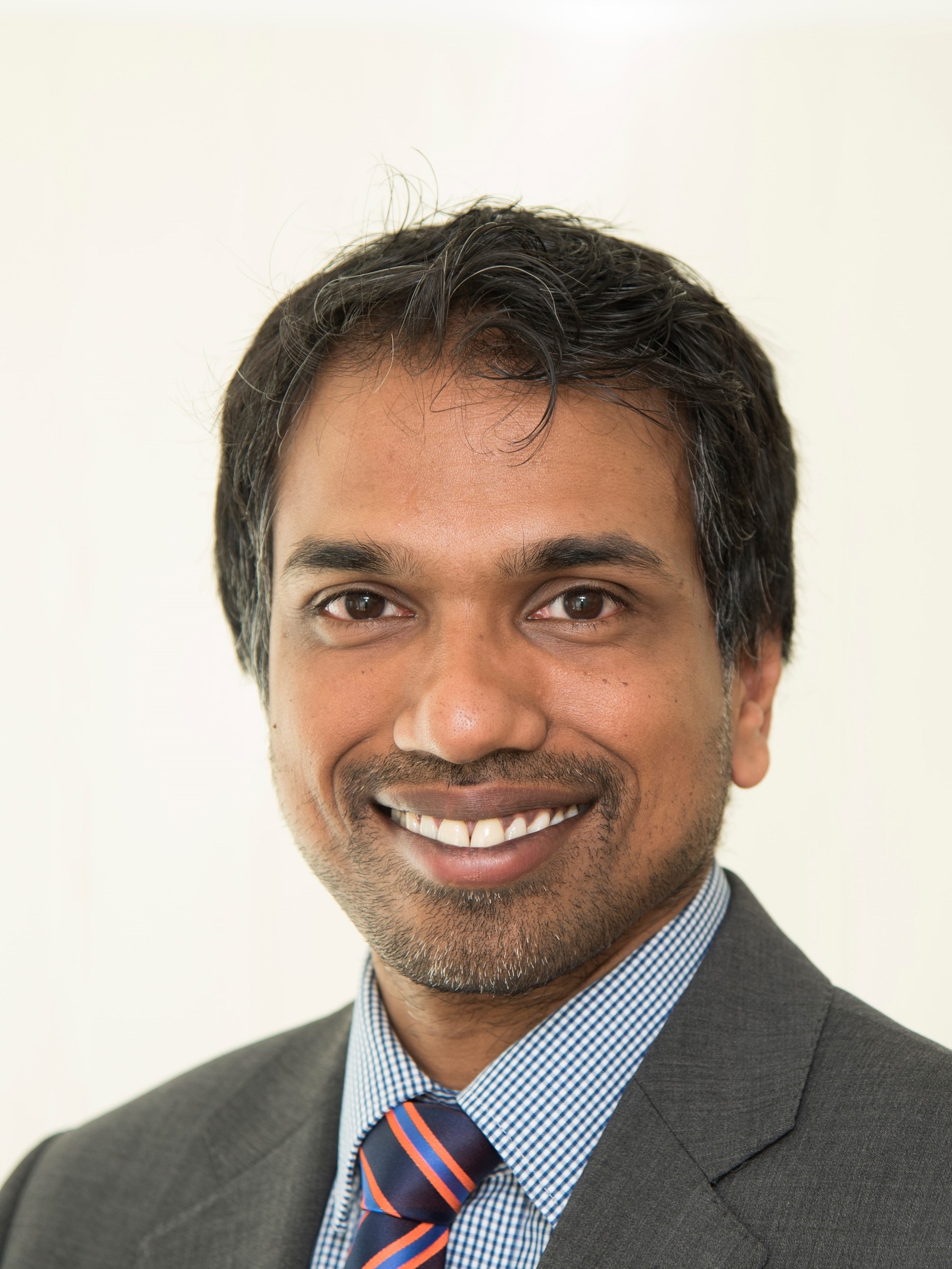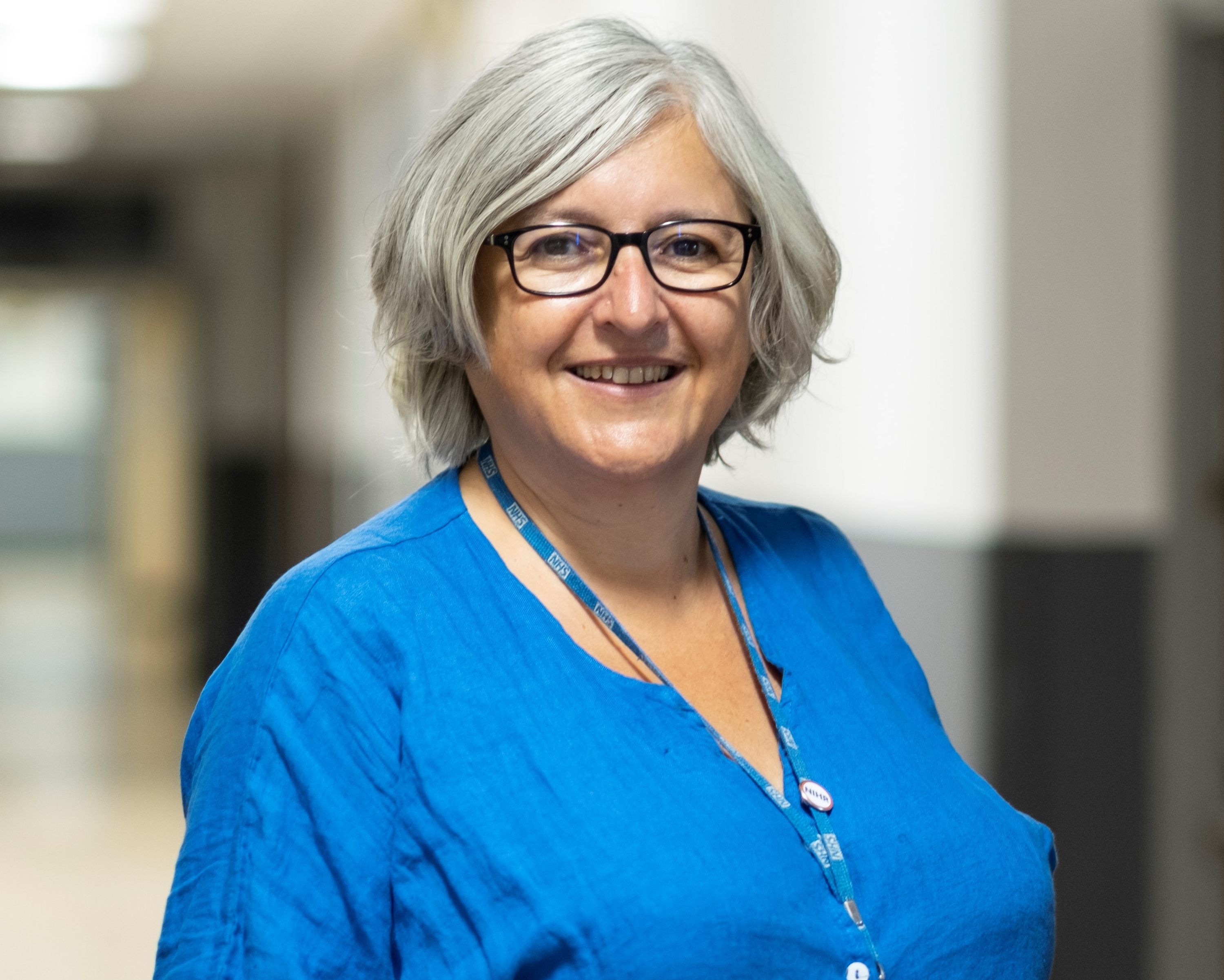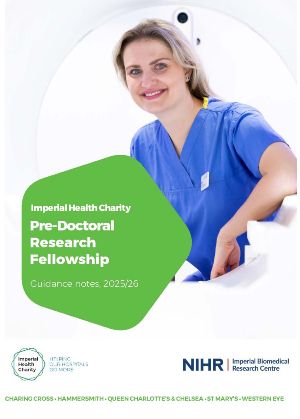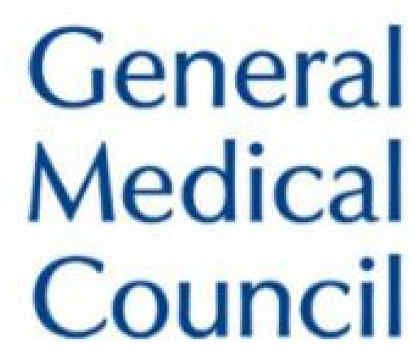RESEARCH: REPRODUCTIVE ENDOCRINOLOGY & ANDROLOGY

How did you get into research?
I got hooked as a medical student and was desperate to do research thereafter. Unfortunately, I never met anyone able to advise me on how to do research until I worked at Hammersmith Hospital as a junior doctor.
What do you enjoy about research?
I love ambushing my colleagues to whom I pitch my research ideas! It is also rewarding (and addictive!) to generate clinically important results which will change the way everyone treats patients.
What was the most difficult aspect of doing your PhD?
None of my experiments worked in the first year of my Wellcome Clinical Research Training Fellowship, which was stressful. Speaking to senior colleagues helped us collectively decide to change our approach and make my PhD an overall success.
What was the most challenging aspect of continuing your research after completing your PhD?
I was supported with an NIHR Clinical Lectureship, allowing me time to taking my studies further. I applied for Clinical Scientist Awards but received multiple (four) rejections. To create a consultant job plan while applying for grants, I secured an NHS Clinical Lead role in Andrology, led the Academic Foundation Programme, led a BSc course module, and became Director of Clinical Studies at Hammersmith Hospital. This gave me invaluable management experience and gave time to develop an interest in sperm function. Finally, I was awarded an NIHR Post-Doctoral Fellowship in 2018 to study the effects of weight loss on male fertility in men with obesity.
What difference has your research training and experience made to your career?
It has allowed me to dedicate my career to solving problems in a traditionally overlooked area of endocrinology, lead clinical guidelines, and making decisions on healthcare delivery in the UK. No one would listen to me without my research track record.
How has research changed your clinical practice?
I currently lead reproductive endocrine services at Imperial, treating patients across the UK and abroad. My research has enabled us to offer treatments and diagnostics not offered elsewhere.
What has made a difference to progressing your research career?
Having a broad network of collaborators to bounce ideas and develop projects, has led to several career development opportunities. Never be afraid to e-mail someone you would like to speak with! The worst they can do is not reply – if so, move on!
Where do you see your clinical academic career going over the next 5 years?
I would like to develop a programme of advances in the reproductive health of men.
Dr Channa Jayasena, Reader & Honorary Consultant, Endocrinology, Imperial College London
Download Channa's research careers case study: Dr Channa Jayasena - Case Study (PDF)
Useful links
Contact us
The CATO Team and Radiographers Incubator work on a Hybrid model, combining days in the office with days working from home – the best way to reach us is by email.
cato@imperial.ac.uk
radresearch@imperial.ac.uk
+44 (0)20 3313 7397



